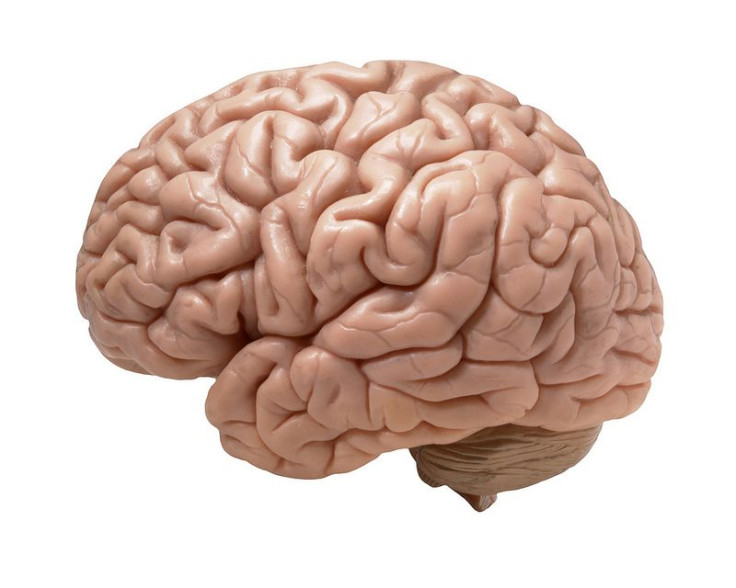Lumosity Brain Game Debuts on iPad: How Does It Work?

Lumosity's brain games made their debut on the iPad today, almost two months after it re-launched its iPhone app in June 2013. The cognitive training program sports an updated user interface and is designed to exercise the brain in short, stimulating workouts. Over time, the company says that the games can boost cognitive abilities, memory, flexibility, problem solving, and attention.
"Lumosity is like a gym for your brain, and to ensure that our users get the most benefit from the program, we've created a mobile experience that makes it convenient and fun to work out your brain from anywhere and at any time," Kunal Sarkar, CEO of Lumosity, said in a press release. "We're committed to encouraging healthy habit formation and lifelong brain health, and mobile brain training is integral in helping us reach that goal."
Both the iPhone and iPad apps are now able to personalize their users' gaming experience by providing daily brain game recommendations, performance and progress reports, training reminders, and personal best game score comparisons, the company said.
Lumosity already has 40 million subscribers, but how does Lumosity work?
PC Magazine describes many of the games as brain teasers. "The kind of things that make you furrow your brow and slap your forehead." One game, for example, has you swipe your finger across the screen in the direction that one bird, in the middle of a large flock, is pointing. Another game asks you to predict the where a pinball will bounce as you track its course across the screen.
In May, a study by the company sought to find out. Researchers looked at how Lumosity training affected 41 breast cancer patients who had undergone chemotherapy. About half of them participated in the Lumosity exercises while the rest were on a "wait list."
The women exercised their brains for four time each week for 12 weeks. At the end, the researchers found that those who had done the exercises showed significant gains in executive function, word finding, and processing speed, as well as a progressive improvement in verbal memory, and a reduction in self-rated symptoms of everyday function problems.
Chemotherapy has been shown to change the brain's structure and impair brain function, including a person's memory, processing speed and attention. Doctors even call the mild cognitive impairment "chemo brain," and the American Cancer Society says that for some people it may go away soon after chemotherapy, but for others, it could last years.
"The most common quality-of-life complaint from breast cancer survivors is the cognitive effect of cancer treatments," Joe Hardy, Vice President of Research & Development at Lumosity, said. "These results are interesting because they suggest that online cognitive training shows promise as an intervention for cognitive difficulties in breast cancer survivors, and even long-term survivors can benefit."
Lumosity's research program, the Human Cognition Project, aims to discover the effects of computerized cognitive training and observational research, by examining information from Lumosity's database.
"We're committed to helping people from all walks of life improve their core cognitive abilities, and we're excited that this study has shown very promising results for real-world clinical application of cognitive training for cancer survivors," Hardy said.
Source:
Kesler S., Hosseini S.M.H., Heckler C., Janelsins M., Palesh O., Mustian K., Morrow G. Cognitive Training for Improving Executive Function in Chemotherapy-Treated Breast Cancer Survivors. Clinical Breast Cancer. 2013.



























